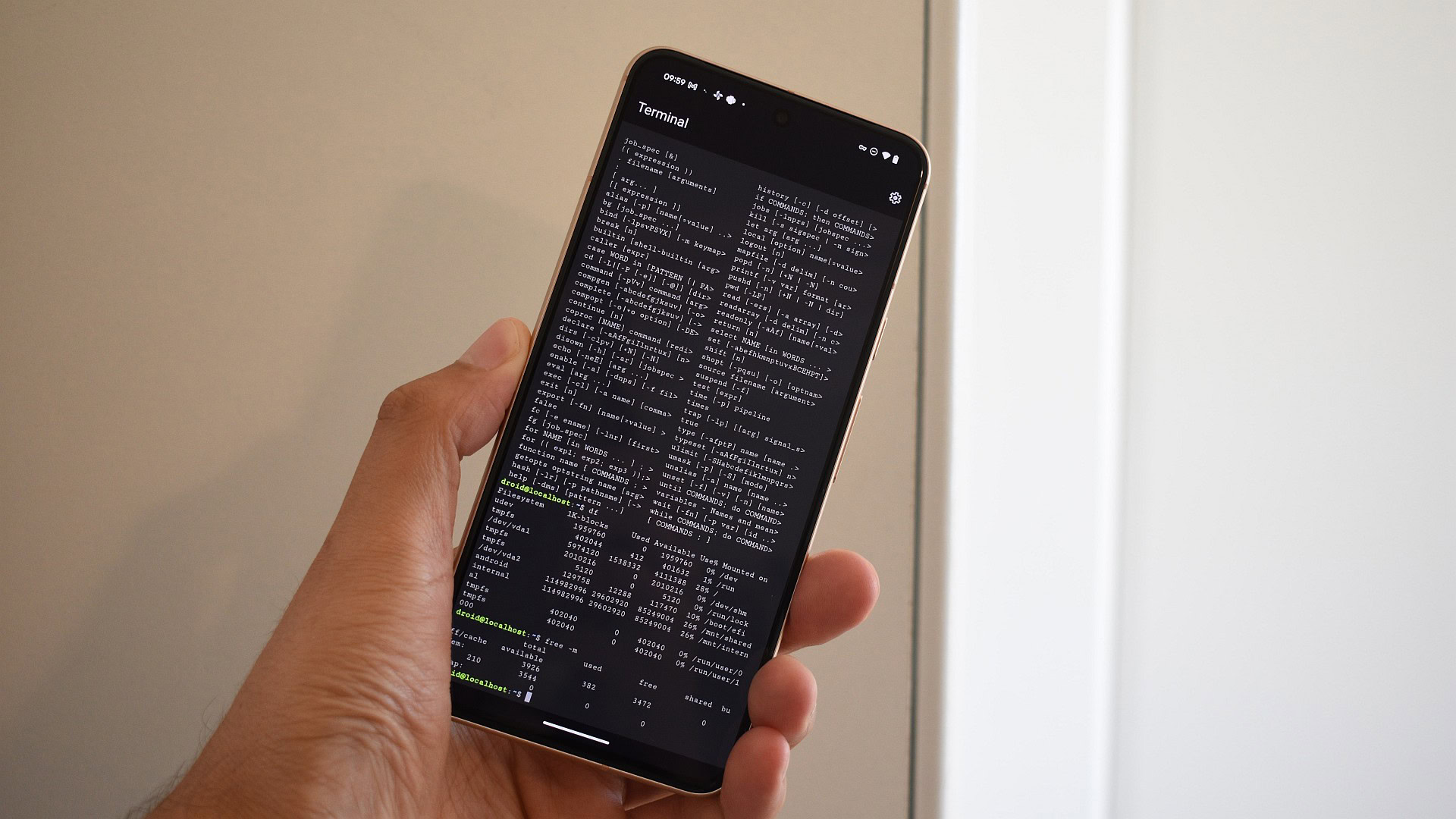
Google says its new Linux Terminal feature isn't a replacement for Android's desktop mode
- 17.03.2025 16:48
- androidauthority.com
- Keywords: AI
Google introduced a Linux Terminal app on Android, enabling users to run Linux applications through a Debian virtual machine. This feature aims to enhance access to Linux software rather than replace Android's existing desktop environment.